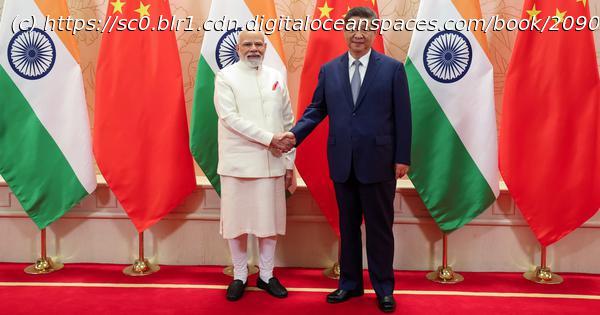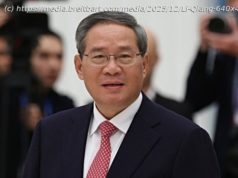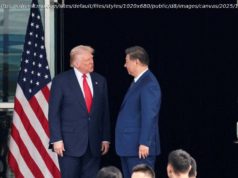Even as New Delhi tries to assert equal status, Beijing’s perception is quite the opposite.
Days before Indian Prime Minister Narendra Modi reached Tianjin in China for the Shanghai Cooperation Organisation summit on August 31 and September 1, the Indian media was upbeat about Chinese Foreign Minister Wang Yi’s two-day Delhi visit from August 18.
A “reset” in China-India ties was expected, especially after the June 2020 Galwan clashes, commented one editorial. Another report claimed there was “consensus” on key points in a joint statement issued before Wang’s departure for Pakistan and Afghanistan.
However, India’s Ministry of External Affairs, while adopting a cautious approach, recognised that the Indian and Chinese representatives “spoke positively” even as the perception in New Delhi was that there was “peace and tranquility” in the India-China border areas.
While Wang’s Delhi visit was centred around the 24th round of special representative talks on the border, the Chinese leader’s sojourn was seen more as an attempt to lay the groundwork for the Shanghai Cooperation Organisation summit meeting between Modi and Chinese President Xi Jinping, which could form the basis for a deeper engagement to thwart US geoeconomic and geopolitical moves, especially in the wake of the 50% tariffs imposed on India by the Trump administration as a penalty for purchasing Russian oil.
Wang met three key actors from the Indian side – Modi, External Affairs minister S Jaishankar and National Security Adviser Ajit Doval. The consequent statement issued by the Indian Ministry of External Affairs reiterated New Delhi’s commitment to a “fair, reasonable and mutually acceptable resolution of the boundary question”.
On his part, Wang recognised after his meeting with the Indian national security advisor that “stability” had been “restored” on the border. He was willing to admit that the “setbacks” in the last few years were “not in our interest”. The two countries, Wang said, should be partners and not adversaries. While a decision to resume the religious and spiritual pilgrimage to Mount Kailash was arrived at in April, the two sides are keen to restart people-to-people contacts, recommence direct flights and reopen border trade.
This warming up of ties is being seen as a calibrated move to build a joint front to thwart what Chinese Ambassador to Delhi Xu Feihong called a “bully” – the US – and at a time when “tariff wars and trade wars are disrupting the global economic and trade system”.






